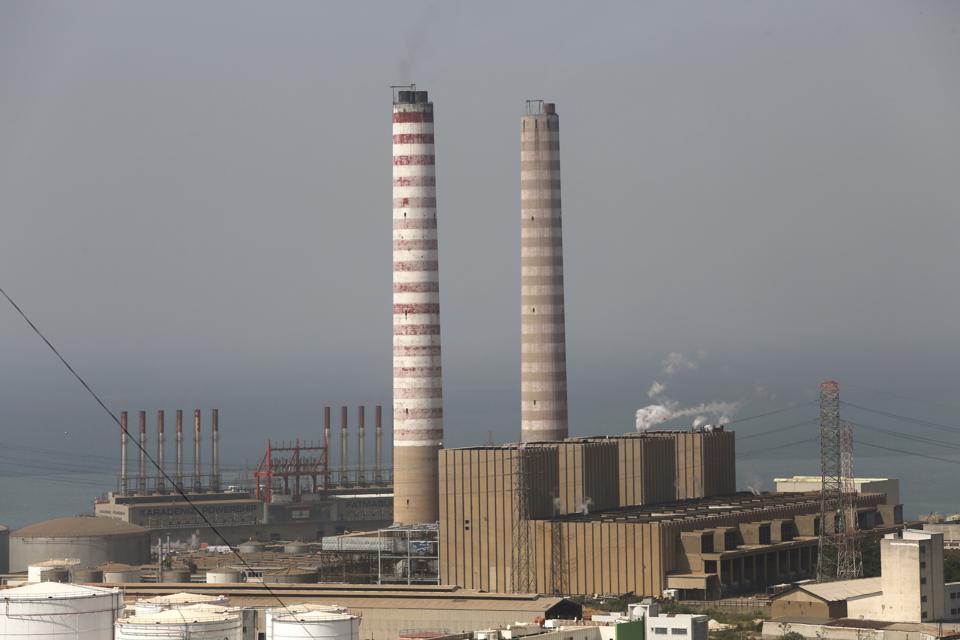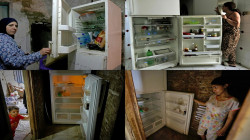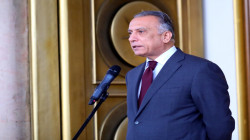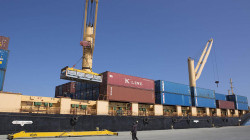Forbes: resorting to Iraq is not the ideal solution for Lebanon

Shafaq News/ Recent attempts in Lebanon to weigh the idea of importing refined oil products from Iran or fuel oil from Iraq were influenced by geopolitical factors rather than a lack of fuel supplies, a Forbes magazine report stated.
In a televised speech on June 16, Hezbollah’s secretary-general Hassan Nasrallah, proposed that Lebanon reach out to Iran or other countries that would be willing to provide it with essential products, particularly fuel supplies.
The payment, however, would not be in US dollars but instead in Lebanese pounds—a currency that has lost about 80 percent of its value since October 2019- or through bartering. Unsurprisingly, the proposition elicited a warning from Washington on July 9. Even if the shipments of Iranian oil were delivered clandestinely to Lebanon, the movement of vessels from Iran to the Mediterranean can be detected, as by the report.
Lebanese energy minister Raymond Ghajar, meanwhile, has said that there were no negotiations with Iran over fuel imports, adding that discussions were taking place with Iraq. This option, however, is also unviable and will likely come under scrutiny.
According to the report, Iraq has produced an average of 265,000 barrels per day (BPD) of fuel oil since 2009, far in excess of local demand, according to a 2018 study by the Oxford Institute for Energy Studies. However, if Lebanon truly wanted Iraq to become a supplier of fuel oil, it could have reached an agreement with Baghdad in recent years instead of looking to other countries. Moreover, Iraq is facing its own financial crisis due to the fall in oil prices. Therefore, it is not the ideal country to “assist” Lebanon as it has its own budgetary problems due to lower oil revenues.
"The fuel crisis is not related to a shortage of US dollars", energy consultant, Jessica Obeid, said. "The problem now is political bickering and delays".
"Power outages in Lebanon have become the norm as Lebanon’s successive governments have failed to keep the lights on since the end of the Lebanese civil war. Lebanon does not need Iranian or Iraqi fuel supplies for power generation", the report concluded, adding: "Instead, its leaders need to take full responsibility for a crisis of their own creation and engage in serious reforms, especially in the power sector".





